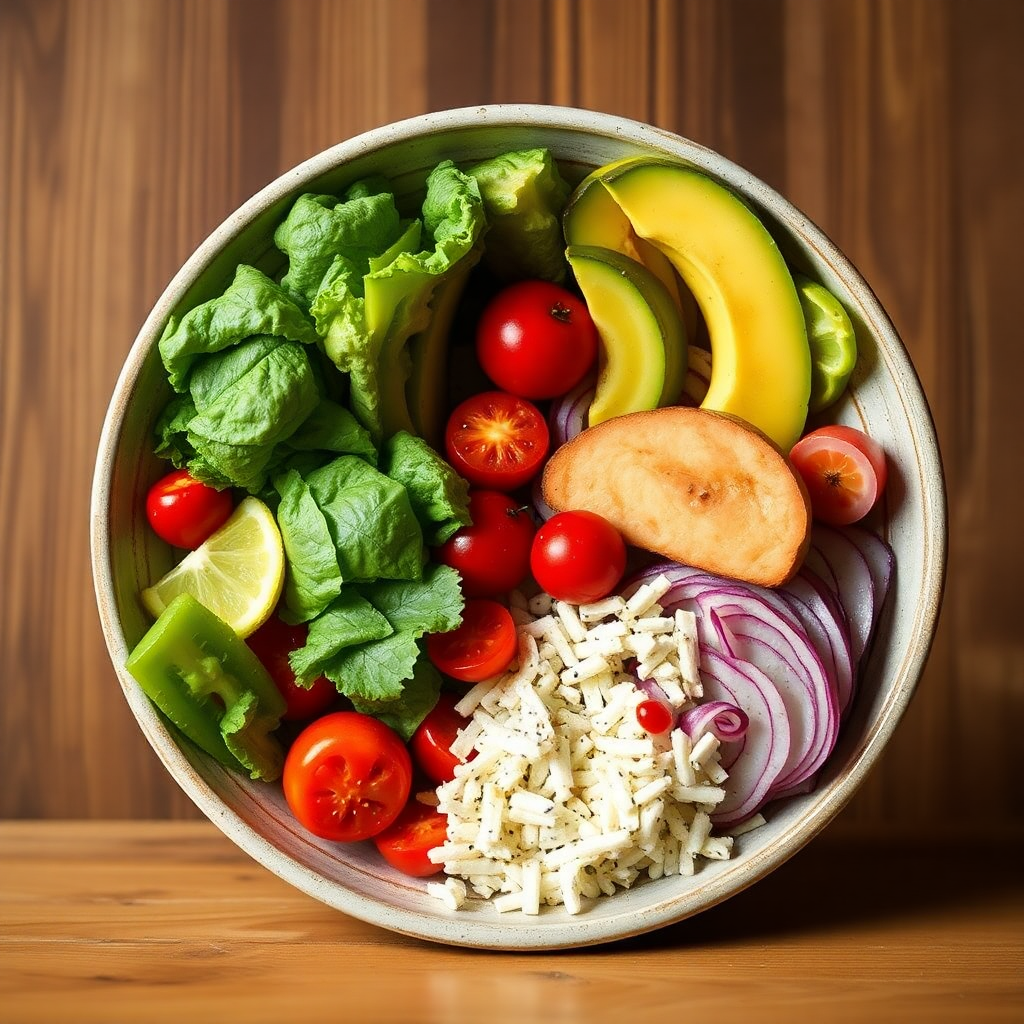Bible diet food list
By incorporating these foods into your meals, you can create a balanced, fulfilling diet that not only promotes physical health but also spiritual well-being.
Embarking on a healthy diet can lead us to explore various food options that nourish our bodies and spirits. One interesting approach is inspired by the Bible, which offers a variety of foods that were consumed in biblical times. Here’s a comprehensive list of foods that you might consider incorporating into your diet, inspired by the teachings and traditions found in the scriptures.
1. Fruits
Apples
Sweet and nutritious, apples are mentioned in various texts. They are great for snacking and provide essential vitamins.
Figs
Rich in fiber and natural sugars, figs were a staple in ancient diets and are perfect for a healthy dessert or snack.
Grapes
Enjoyed as fresh fruit or dried as raisins, grapes are packed with antioxidants and are a refreshing treat.
Dates
These naturally sweet fruits are high in energy and are often used to break fasts or as a healthy sweetener in recipes.

2. Vegetables
Spinach
Revered for its health benefits, spinach can be used in salads, soups, or sautéed as a side dish.
Garlic
Known for its healing properties, garlic adds flavor to dishes and is considered a superfood.
Leeks
Mentioned in Edible history, leeks are a wonderful addition to soups and stews, bringing savory depth to your meals.
Onions
These versatile bulbs are foundational in cooking for flavor and can enhance a wide variety of dishes.
3. Grains
Barley
An ancient grain part of biblical meals, barley is high in fiber and can be used in soups, salads, or as a hearty side.
Wheat
Whole grains from wheat, such as whole wheat bread or pasta, were staples that provided sustenance.
Rice
Often referenced within the context of feeding the masses, rice is a staple that can be used in countless dishes.
4. Proteins
Fish
Few foods are as significant as fish in the biblical diet, and they provide lean protein as well as omega-3 fatty acids.
Legumes
Beans and lentils are frequently mentioned and are excellent sources of plant-based protein and fiber.
Nuts
Almonds and walnuts were commonly consumed and are packed with healthy fats and protein.
5. Dairy
Cheese
Often made from goat or cow's milk, cheese is a rich source of calcium and protein; it pairs well with fruits and grains.
Yogurt
This probiotic powerhouse can aid digestion and is a great breakfast or snack choice when sweetened with honey and fruits.
6. Natural Sweeteners
Honey
Used as a natural sweetener, honey not only adds flavor but also provides numerous health benefits and antioxidants.
Maple Syrup
Although not as common in biblical times, maple syrup is a natural sweetener that can replace refined sugars in your diet.
7. Herbs and Spices
Mint
Fresh mint is often referenced for its flavor and can be used in teas or as a garnish for various dishes.
Coriander and Cumin
These spices add depth to meals and are commonly used in Middle Eastern and Mediterranean dishes.
Conclusion
Eating a biblical diet can offer a wholesome way to nourish your body while connecting with the traditions of the past. By incorporating these foods into your meals, you can create a balanced, fulfilling diet that not only promotes physical health but also spiritual well-being. Whether you choose to explore these foods occasionally or commit to a biblical lifestyle, each choice can help you embrace a healthier way of living — one bite at a time.
💬 Join the Conversation